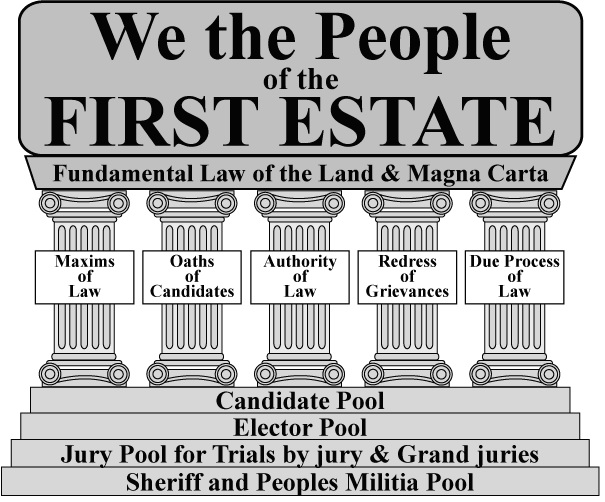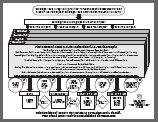The Key (#3) - 7th Amendment, No Court May Second-Guess (Review) A Decision of a Jury
From http://www.1215.org/lawnotes/lawnotes/common-law.htm
In true common law, there are no obligatory rules or precedents. A common law court (a court of record) has unlimited jurisdiction and is independent of government. All external factors are, at best, advisory, not obligatory.
The founding fathers understood all that. At his 1801 inaugural Thomas Jefferson said, "Sometimes it is said that man cannot be trusted with the government of himself. Can he, then, be trusted with the government of others? Or have we found angels in the form of kings to govern him? Let history answer this question." And he wrote, "I know no safe depository of the ultimate powers of the society but the people themselves: and if we think them not enlightened enough to exercise their control with a wholesome discretion, the remedy is not to take it from them, but to inform their discretion." [Letter, September 28, 1820.]
The self-correcting temporary imperfections of common law were preferrable to the entrenched imperfections of legislated written laws. That is why they chose the common law as the law superior to statutes and all other forms of law. They expressed that choice through the Constitution's 7th Amendment which essentially says that no court may second-guess (review) a decision of a jury.



 Post a Comment
Post a Comment
Reader Comments